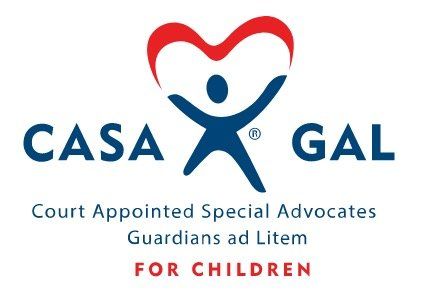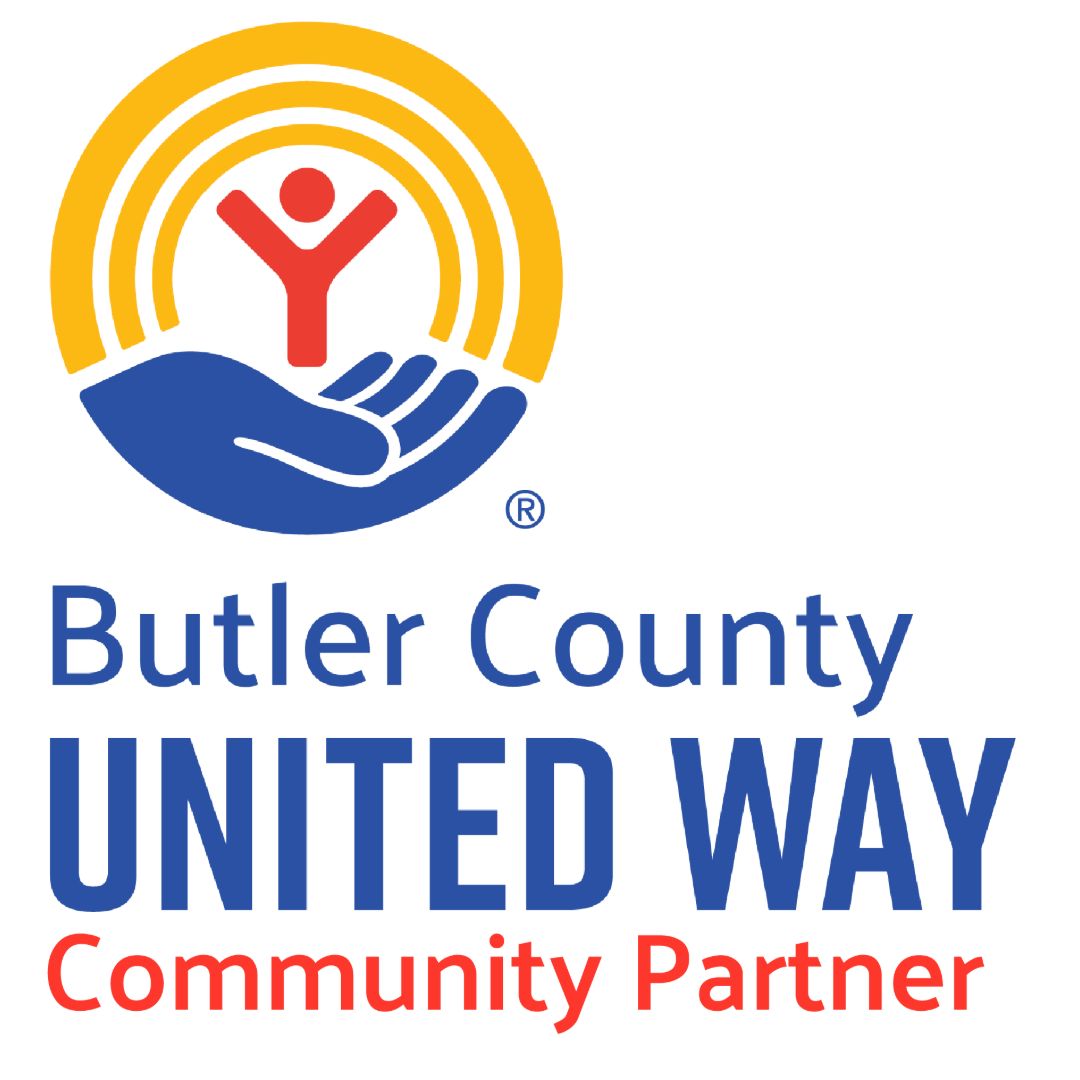Evidence of Effectiveness
Since its creation by a family court judge in Seattle, Court Appointed Special Advocates has become one of the most effective programs of its kind. Today there are 949 CASA programs around the country. It is a unique blend of private support, public need and the kind of people power that comes from more than 76,000 volunteers all committed to the rights of every child in the foster care and child welfare system.
Key Outcomes for the CASA Model
A child with a CASA volunteer is more likely to find a safe, permanent home:
- More likely to be adopted
- Half as likely to reenter foster care
- Substantially less likely to spend time in long-term foster care
- More likely to have a plan for permanency, especially children of color
Children with CASA volunteers get more help while in the system...
- More services are ordered for the children
... and are more likely to have a consistent, responsible adult presence.
- Volunteers spend significantly more time with the child than a paid guardian ad litem.
Children with CASA volunteers spend less time in foster care...
- “It is quite remarkable that children without CASA involvement are spending an average of over eight months longer in care, compared to children having CASA involvement.”
... and are less likely to be bounced from home to home.
- CASA volunteers improve representation of children
- Reduce the time needed by lawyers
- More likely than paid lawyers to file written reports
- For each of nine duties, judges rated CASA/GAL volunteers more highly than attorneys
- Highly effective in having their recommendations adopted by the court
Children with CASA volunteers do better in school...
- More likely to pass all courses
- Less likely to have poor conduct in school
- Less likely to be expelled
... and score better on nine protective factors
- Neighborhood resources, interested adults, sense of acceptance, controls against deviant behavior, models of conventional behavior, positive attitude towards the future, valuing achievement, ability to work with others and ability to work out conflicts



